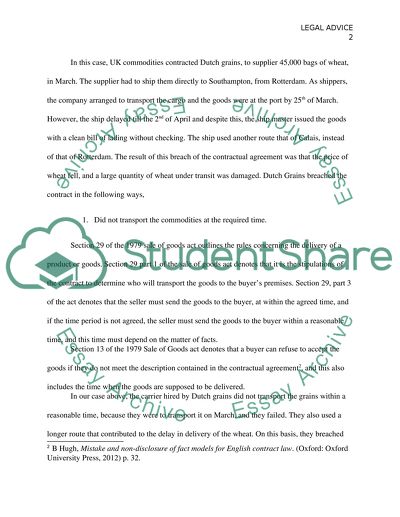Cite this document
(“Advise UK Commodities Assignment Example | Topics and Well Written Essays - 1500 words”, n.d.)
Advise UK Commodities Assignment Example | Topics and Well Written Essays - 1500 words. Retrieved from https://studentshare.org/law/1471022-advise-uk-commodities
Advise UK Commodities Assignment Example | Topics and Well Written Essays - 1500 words. Retrieved from https://studentshare.org/law/1471022-advise-uk-commodities
(Advise UK Commodities Assignment Example | Topics and Well Written Essays - 1500 Words)
Advise UK Commodities Assignment Example | Topics and Well Written Essays - 1500 Words. https://studentshare.org/law/1471022-advise-uk-commodities.
Advise UK Commodities Assignment Example | Topics and Well Written Essays - 1500 Words. https://studentshare.org/law/1471022-advise-uk-commodities.
“Advise UK Commodities Assignment Example | Topics and Well Written Essays - 1500 Words”, n.d. https://studentshare.org/law/1471022-advise-uk-commodities.


